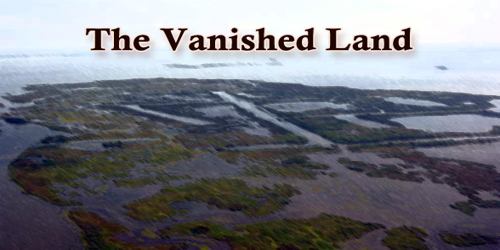A stateless society is one that does not have a state to control it. There is little concentration of authority in stateless societies; the majority of positions of authority that do exist are very restricted in power and are generally not continuously held positions, and social entities that adjudicate disputes by preset rules tend to be small. The economic organization and cultural practices of stateless communities vary greatly.
The basic characteristics of a stateless society include no strict boundaries, no bureaucracy, no fixed ideology, oral tradition, simple economics, and a single person holding many powers, such as religious, economic, political, and so on. The roles of the state in a stateless society differ from modern society or state.
While stateless communities were the norm in human prehistory, few survive now; practically the entire global population is under the jurisdiction of a sovereign state, albeit in some locations nominal state authorities may be very weak and exercise little or no actual power. Most stateless peoples have been assimilated into the state-based communities that have surrounded them throughout history.
Stateless societies had no centralized authority, no administrative apparatus, and no courts of justice. They lacked any form of the power pyramid. There were no chiefs or councils with the authority to issue commands that were obligatory on everybody. They were said to be in a state of ‘organized anarchy.’
These societies have a concept of territorial rights that are upheld by age, social sanctions, and social control. Power and authority are distributed among many groups in a community. Some political theories, like anarchism, regard the state as an undesirable institution, with a stateless society ideal, whereas Marxism believes that in a post-capitalist society, the state would be unneeded and would wither away.
What constitutes a stateless society is ultimately determined by what is considered to be the qualities of the state. As a result, a stateless society lacks specialized political functions, much alone institutionalized political organizations made of a variety of responsibilities. By specialized, we mean formal, identified, and acknowledged roles played by specialists rather than by any or all full members of society. An expert is also, strictly speaking, a full-time employee. This is confusing, however, because the typical (albeit very variable) full-time working day is unique to industrial cultures.
Stateless civilizations do not make this distinction between working and leisure hours. Specialization also indicates specialized qualifications—training for certain jobs or natural abilities for a given position. Specialists are, at the very least, primarily, and most crucially, involved in issues related to their expertise, and they are publicly held to be such.
Modern society places a greater emphasis on urbanization, sub-social institutions, job opportunities, higher income opportunities, social stratification, urban facilities, communication channels, social mobility, international relations, women’s status, and other factors that were not present in a stateless society.
















